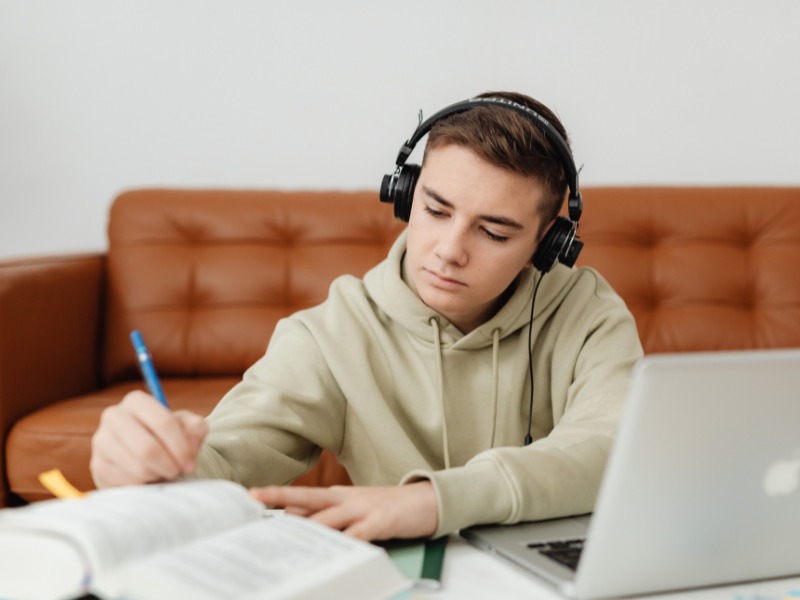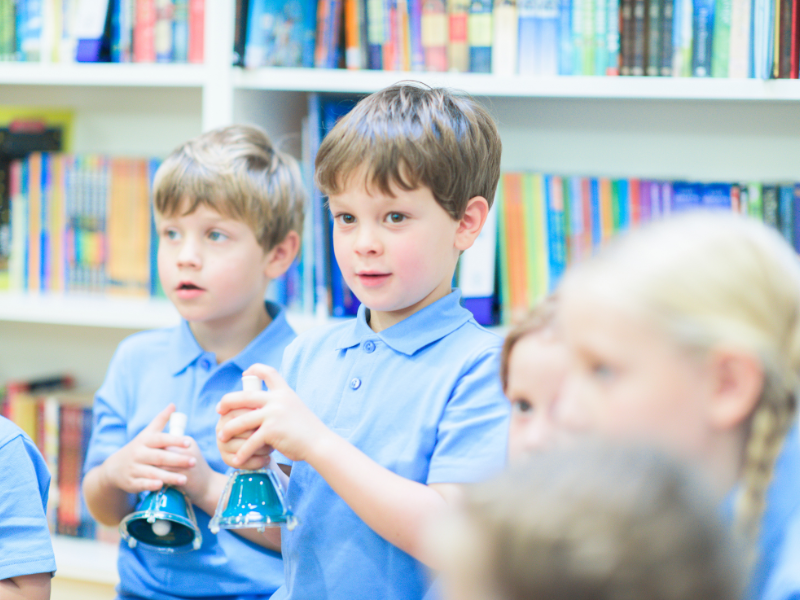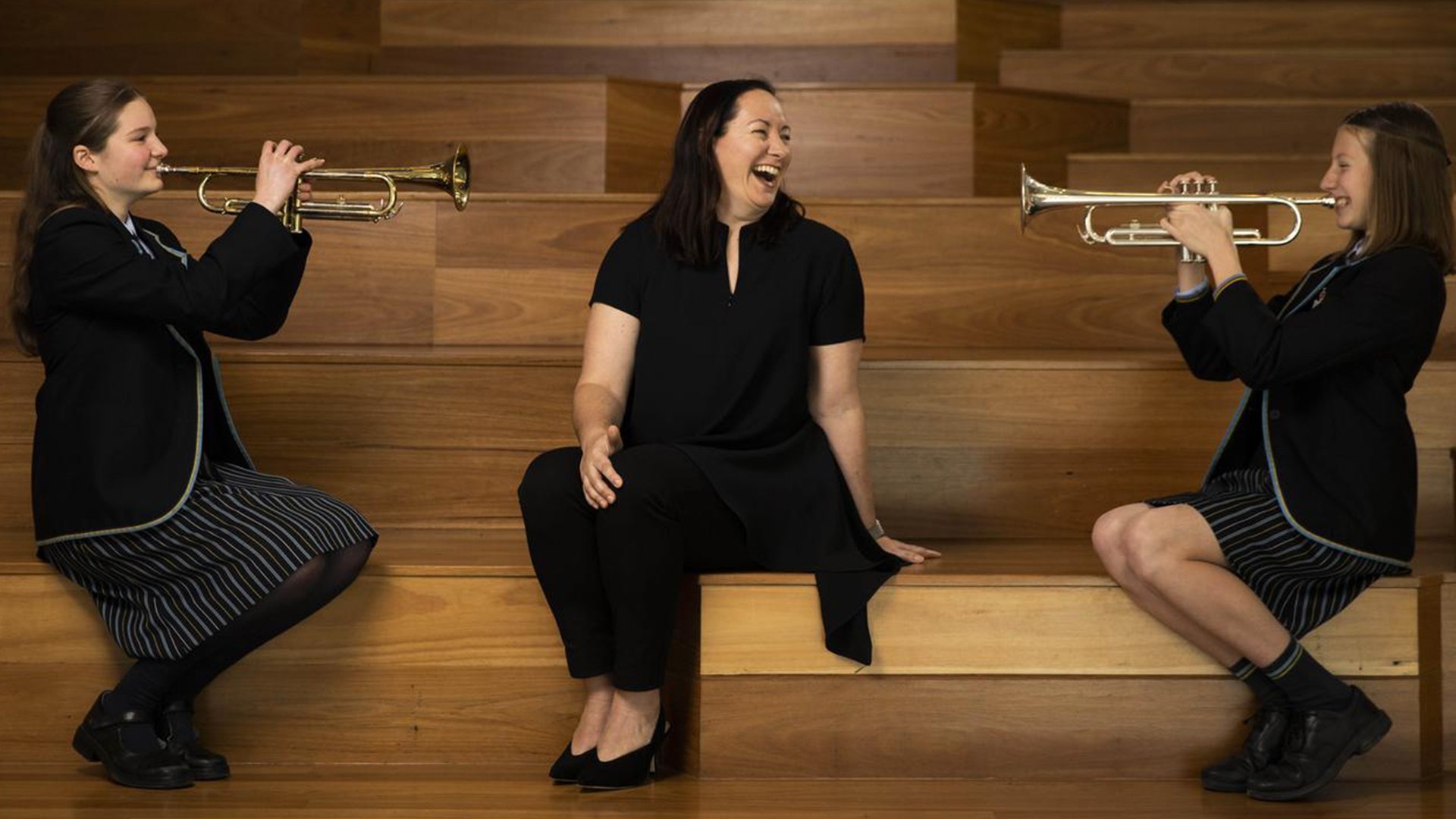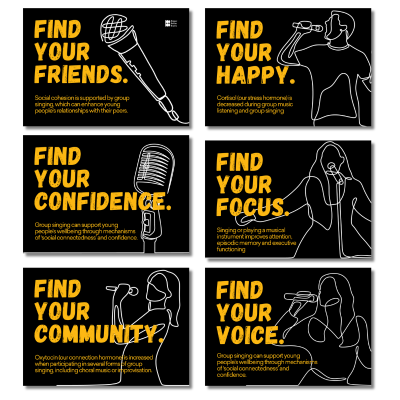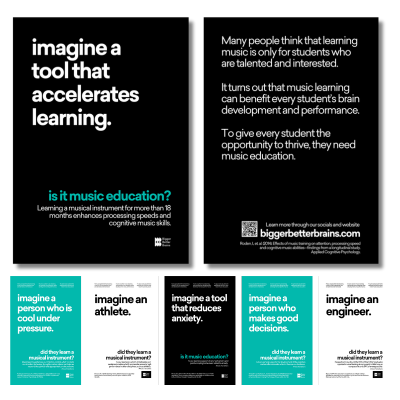
Research Updates

Here at Bigger Better Brains we believe that through educating yourself, you can then educate and affect positive change in your community.
With all of the research in the field of neuromusical science, our BBB Research section serves as a content hub for you. We regularly share findings and break down the latest research to educate and inspire discussion. We hope you enjoy this page on our website and share BBB news with your colleagues, parents and students.
- Advocacy
- Ageing
- Aging
- Attention
- Auditory Processing
- Cognitive Health
- Communication
- Community
- Dyslexia, Autism & ADHD
- Early Childhood
- Executive Function
- Fireworks
- Hearing
- Impulse Control
- Language & Literacy
- Memory
- Music Learning
- Music Listening
- Neural Development
- Parents
- Personality
- Productivity
- Prosocial Behaviour
- Prosody
- Reading
- Rehabilitation
- Research Bites
- Research Methods
- Research Quick Reads
- Reward
- Singing
- Social Skills
- Video
- Wellbeing & Therapy
- Working Memory
The Future of Work: Why Music Learning Prepares Students for Tomorrow’s Jobs
The World Economic Forum's Future of Jobs Report 2025 highlights the critical skills that will define the workforce of tomorrow.
Aging Ears: How Hearing Loss Impacts Music Perception
A recent study in Ear and Hearing investigated how aging and hearing loss influence music perception, focusing on melody and timbre discrimination.
How Music Unites Us: The Heartbeat Connection
A recent study from Waseda University has uncovered that when individuals listen to music, their heart rates synchronize, reflecting a unified physiological response.
Top 7 questions asked by students
Founder of Bigger Better Brains, Dr Anita Collins, receives hundreds of emails from students around the world asking questions about neuromusical research. So she decided to record a short video about the most asked questions she has received.
Playing music when you're older could come with brain benefits
Imagine a world without music. There are no high school marching bands, no commercial jingles, and no need for Grammy Awards. It’s a rather dreary thought, yes?
Music Education vs. Brain Training Programs
Recent research has revealed that brain training programs for children do not lead to significant improvements in real-world cognitive functions.
Could 'musical medicine' influence healthy aging?
Imagine a world where music serves as a powerful tool for healthy aging. Dr. Psyche Loui at Northeastern University explores how music strengthens brain connections, enhancing memory and emotions.
A 90-minute habit that can boost your brain and mental health!
Dr. Seinfeld's research involving participants aged 60 to 85 found that those who took piano lessons showed remarkable improvements in executive functions, attention, and inhibitory control.
Unlocking learning potential through music
Neuroscientist Nina Kraus notes that playing an instrument is one of the richest brain activities, leading to better language and reading skills.
Transformative Vulnerability
I have been privileged to walk the road with many schools as they transform their school through music learning.
The Power of Repetition
Mastering an instrument or vocal skills hinges on repetition. It's essential for improving memory and musical proficiency.
Music learning is the cheapest diagnostic tool you can find!
Music learning is the most effective way, both in terms of time and impact, to prime the brain for language learning.
Fireworks 007 - Why do people break up with music learning?
Packed with BBB updates and our year in review, a new opinion piece written by Dr Anita Collins, a new community success story, and so much more. Fireworks will inspire and motivate you to advocate for music education.
Fireworks 006 - How do you tell the story of your work?
Packed with BBB updates and our year in review, a new opinion piece written by Dr Anita Collins, a new research reflection, and so much more. Fireworks will inspire and motivate you to advocate for music education.
Music is a neurobiological reward!
The reward network in our brains is one of the most fascinating areas of the brain. It is often the underlying network that propels our behaviour as well as override our good judgement. It is also one of the key networks in learning.
Music synchronises our brain!
There is a theory called the theory of familiarity in music. It is, as described at the end of this article, the idea of an inverted U.
Being musical is part of our human design
In today’s world, filled with myriad parenting methods and high-tech toys that promise to enhance infant development, it is easy to overlook how fundamental the time-honoured practice of music is for all children—starting pre-birth.
Everything in moderation, including syncopation and harmony
This new research looks at the emotive factors in music and uses an idea called the “inverted U”.
Where does perfect pitch come from?
There is a great deal of debate around this question. In the research, the term Absolute Pitch (AP) is used for the more common term of perfect pitch. This recent study points to a stronger genetic link than previously thought.
I got rhy-thm?
Do you know someone who seems to have rhythm coming out of every part or pore and other people who couldn’t walk to a beat if their life depended on it?
If you have perfect pitch, your brain looks different!
Researchers have known for sometime that the brain structures (parts) of a person with absolute pitch has specific areas that are identified as unique or different. However, they don’t know how those structural differences might function or connect in equally unique or specific ways.
Why does white matter matter?
You have probably heard of grey matter but have you heard of white matter? White matter in our brain is tissue composed of nerve fibres.
There isn’t a music centre in the brain, the brain is the music centre
We used to think that there was a centre for every major processing task, like language or maths. We know that there are both centres for processing as well as a complex set of interlinking and overlapping networks that contribute to the processing of information.
Are musicians‘ brains wired differently?
Dr Psyche Loui is a psychologist, neuroscientist and musician who investigates how music can be used to understand the brain. She is a violinist and works to connect our understanding of the brain with the experience of being a music learner and performing musicians.
Here’s how to train your brain!
There is an interesting term in this article – experience-dependent plasticity. Here is a good plain language definition that also happens to include a musical reference.
Starting music at 6 years old supercharges the brain
Here is one of those research sentences that are so useful when we are explaining how music learning impacts on every child’s development.
A solution to stuck song syndrome!
Finally, that song that keeps playing on a loop inside our heads for no apparent reason has a name – stuck song syndrome!
Auditory processing may be different for girls and boys
Do men and women hear differently? Maybe. This report speaks on the lack of auditory processing differences at birth and in young children, but how differences may appear in adolescents as puberty changes our brains and bodies.
Music improvisation shuts down our inner (brain) critic
If we can shut down our inner critic when we improvise, does that mean we could transfer that idea across to other parts of our lives. And, what does that mean for classically trained musicians?
The heightened skills of musicians to pinpoint differences
If you are a musician, then you really do hear the world differently! This study looked at expectation and prediction, and if musical training had any influence on the differences we hear.






